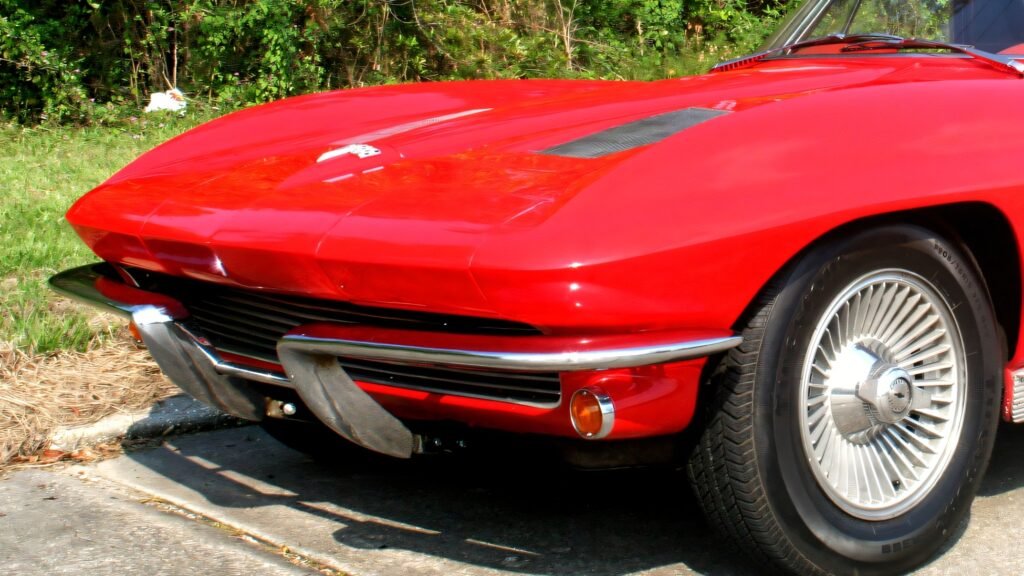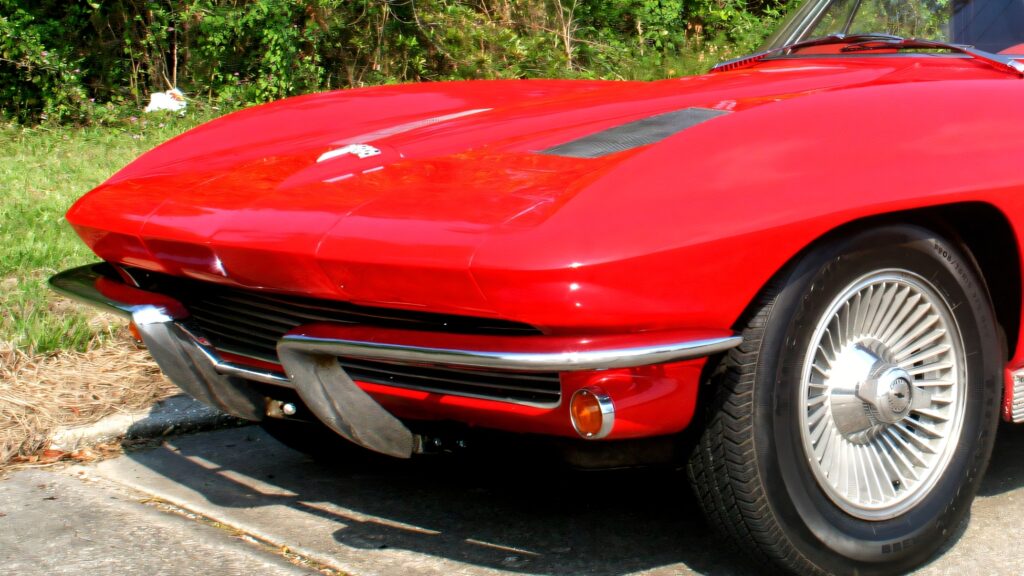

- Tennessee man loses $26K in Facebook scam involving a fake 1963 Corvette.
- Too-good-to-be-true price and forged docs tricked him into sending money.
- Experts warn buyers to always see the car or hire a trusted inspector first.
For many enthusiasts, finally owning a classic car is a dream come true. It’s something that we lust after. It’s something that we work hard for, but for a man in East Tennessee, it turned into a nightmare. After wiring a person $26,000 for a classic 1963 Corvette, he’s left with nothing, and he’s trying to help others avoid becoming a victim.
The setup followed a familiar script. A seller posted photos on Facebook, was willing to talk on the phone, and claimed that others were also interested in the car. Before long, Jim Maidens had forked over $26,000 via wire transfer. “He said it was in excellent shape,” said Maidens. “I asked him if he had driven it? He said, ‘Yes, he did drive it, and it drove perfect’.”
Read: Car Flipping Scam Promised Riches Then Left A $57M Disaster Behind
Maidens isn’t some green-behind-the-gills car buyer either. He already owns two Corvettes. He knew what he was looking for, and he went after it. The car in question was a 1963 model. It’s unclear if it was a hardtop or convertible, but the price could’ve been a red flag. The seller wanted $26,000 and an additional $750 for delivery.
Too Good To Be True
Based on public sales, that figure is dramatically low. Plenty of cars from the same C2 generation go for double that price. Of course, the scammer in this case relied on that price to draw Maidens and others like him in. From there, it’s just a matter of convincing someone that the car is real via fake documents.
“He called me, as I remember, and said that he had gotten the wire and that the car would be loaded on the weekend and would be here on Monday,” said Maidens to WATE. “The car never showed up. I tried to reach him, and I’m blocked. […] I got scammed. $26,750 bucks. Boom gone. Once I was blocked from communicating with him, then I knew it was all over.”
A Simple Safety Net
The solution here is relatively simple. Insist on seeing the car in person or, at the very least, hire a third-party company to inspect the vehicle in person. Don’t send money unless you’re sure that the car in question is real. Even then, it’s important to investigate further. We’ve reported on countless schemes where real cars are actually stolen clones of otherwise legal cars or trucks. Even millionaires get duped by similar scams.
The takeaway is clear. Always verify before you pay. A quick in-person look or professional pre-purchase inspection can mean the difference between driving away in your dream car or watching thousands vanish into thin air.

Lead image Vicari Auction / Newspress



